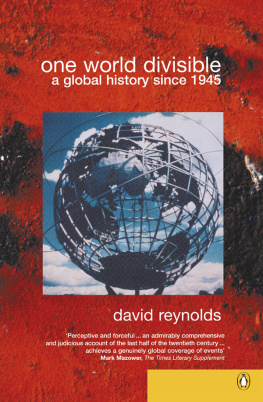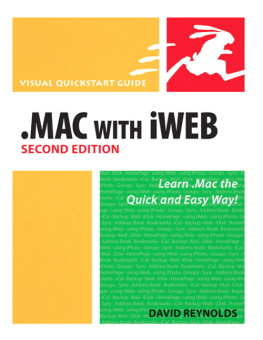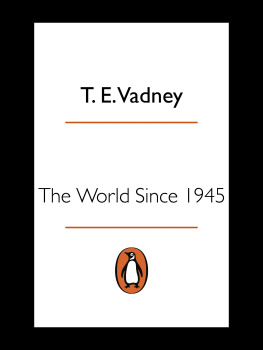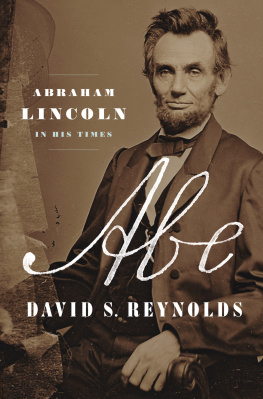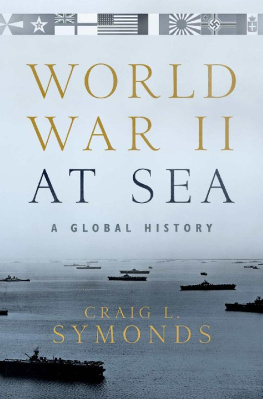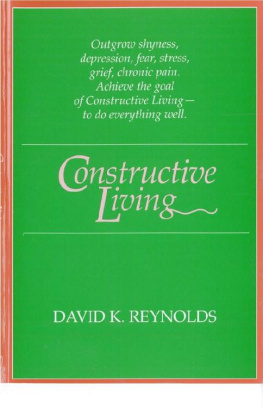David Reynolds - One World Divisible : A Global History Since 1945
Here you can read online David Reynolds - One World Divisible : A Global History Since 1945 full text of the book (entire story) in english for free. Download pdf and epub, get meaning, cover and reviews about this ebook. year: 2013, publisher: Penguin Books Uk Ltd, genre: Politics. Description of the work, (preface) as well as reviews are available. Best literature library LitArk.com created for fans of good reading and offers a wide selection of genres:
Romance novel
Science fiction
Adventure
Detective
Science
History
Home and family
Prose
Art
Politics
Computer
Non-fiction
Religion
Business
Children
Humor
Choose a favorite category and find really read worthwhile books. Enjoy immersion in the world of imagination, feel the emotions of the characters or learn something new for yourself, make an fascinating discovery.
- Book:One World Divisible : A Global History Since 1945
- Author:
- Publisher:Penguin Books Uk Ltd
- Genre:
- Year:2013
- Rating:5 / 5
- Favourites:Add to favourites
- Your mark:
- 100
- 1
- 2
- 3
- 4
- 5
One World Divisible : A Global History Since 1945: summary, description and annotation
We offer to read an annotation, description, summary or preface (depends on what the author of the book "One World Divisible : A Global History Since 1945" wrote himself). If you haven't found the necessary information about the book — write in the comments, we will try to find it.
One World Divisible : A Global History Since 1945 — read online for free the complete book (whole text) full work
Below is the text of the book, divided by pages. System saving the place of the last page read, allows you to conveniently read the book "One World Divisible : A Global History Since 1945" online for free, without having to search again every time where you left off. Put a bookmark, and you can go to the page where you finished reading at any time.
Font size:
Interval:
Bookmark:

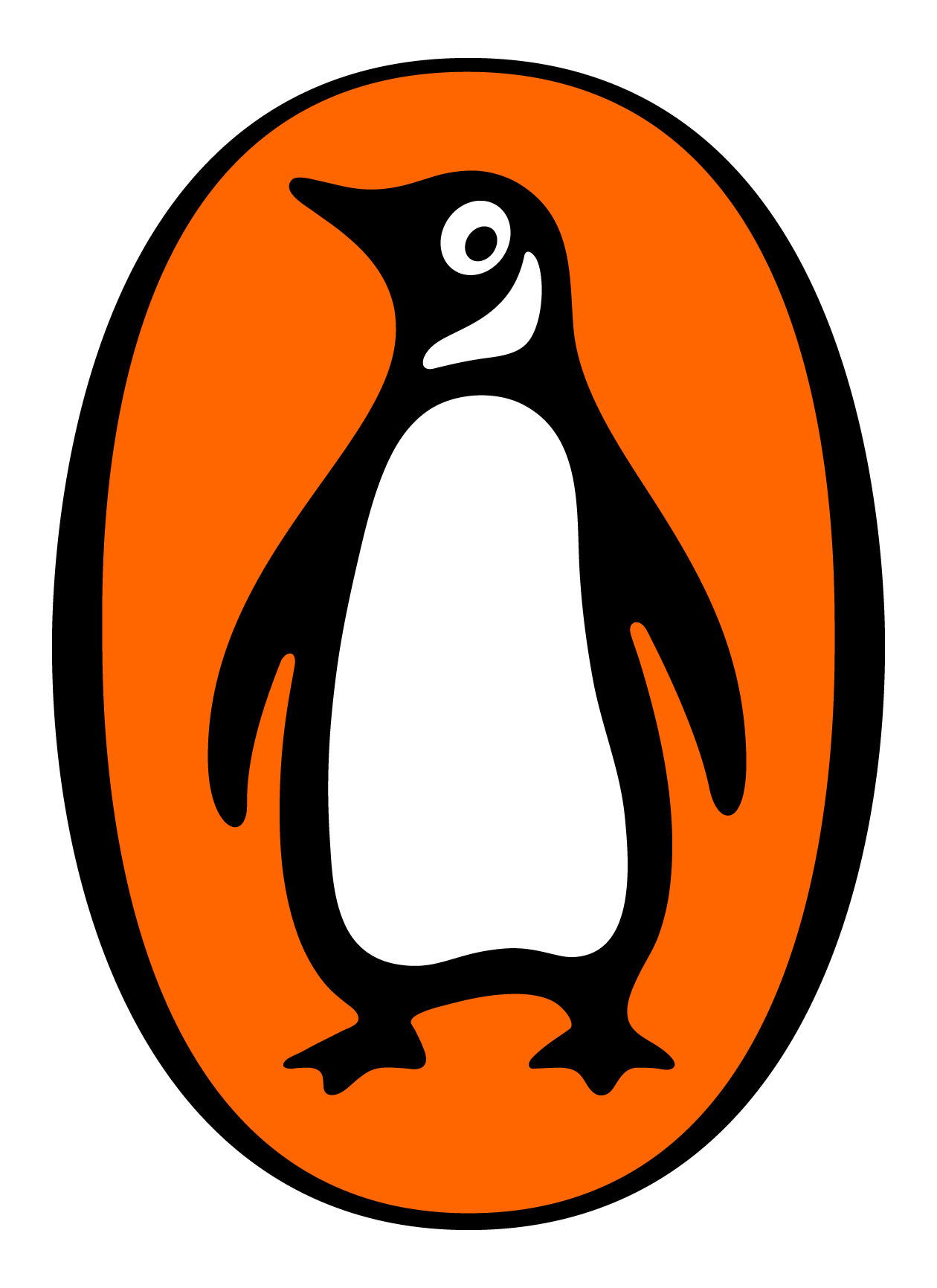

For my students
T O TEACH IS TO LEARN
UK | Canada | Ireland | Australia
New Zealand | India | South Africa
Penguin Books is part of the Penguin Random House group of companies whose addresses can be found at global.penguinrandomhouse.com.

First published in the USA by W. W. Norton & Company Inc. 2000
First published in Great Britain by Allen Lane The Penguin Press 2000
Published in Penguin Books 2001
Copyright David Reynolds, 2000
Photography: Photonica. Design: wall
The moral right of the author has been asserted
All rights reserved
ISBN: 978-0-141-98272-4
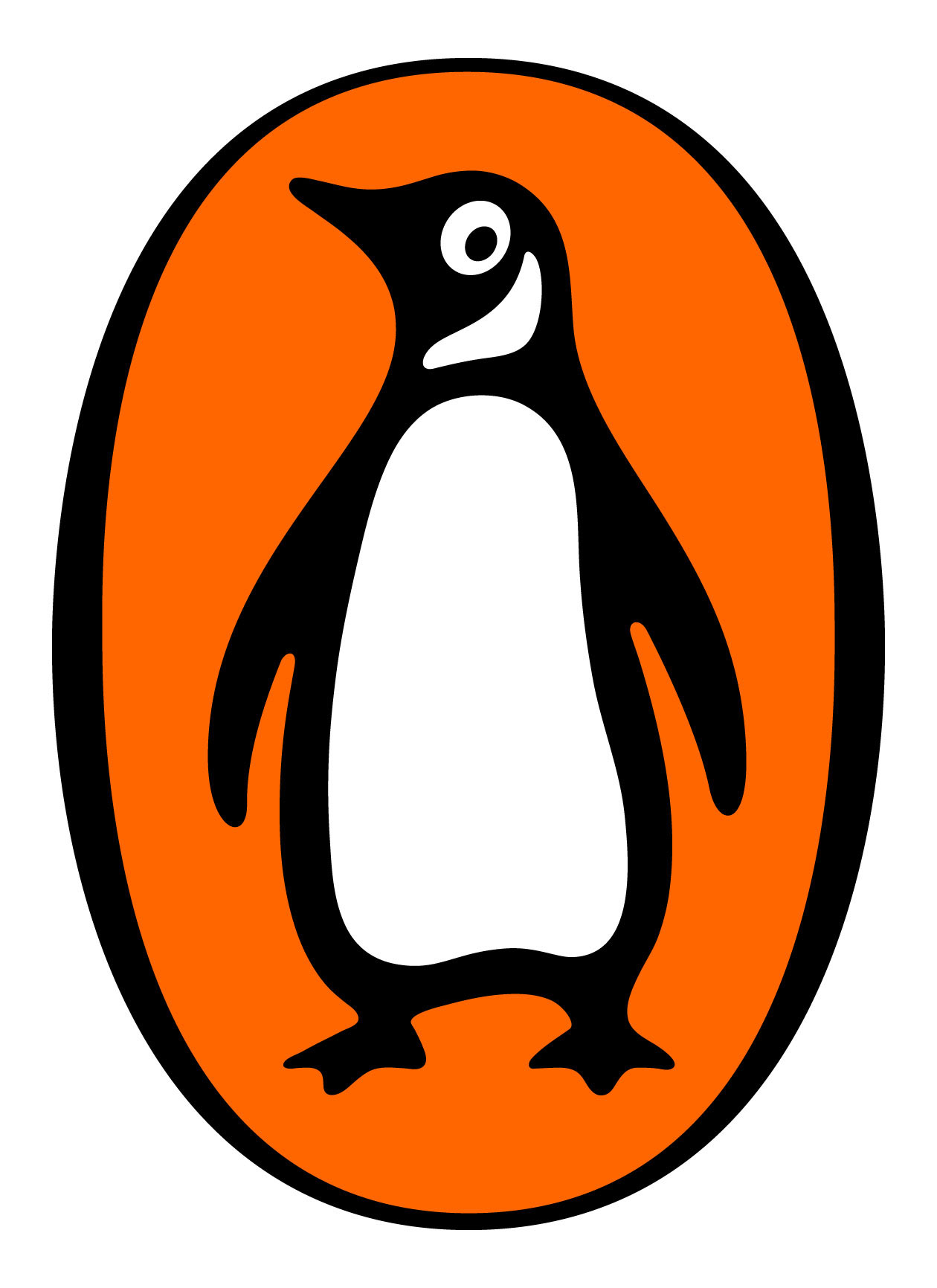
Let the conversation begin
Follow the Penguin Twitter.com@penguinukbooks
Keep up-to-date with all our stories YouTube.com/penguinbooks
Pin Penguin Books to your Pinterest
Like Penguin Books on Facebook.com/penguinbooks
Listen to Penguin at SoundCloud.com/penguin-books
Find out more about the author and
discover more stories like this at Penguin.co.uk
PENGUIN BOOKS
David Reynolds teaches twentieth-century international history at Cambridge University, where he is a Fellow of Christs College. He has also held visiting appointments at Harvard University and Nihon University in Tokyo. He is the author of two prize-winning books on the Second World War: The Creation of the Anglo-American Alliance 19371941 and Rich Relations: The American Occupation of Britain 19421945. He co-authored An Ocean Apart, which accompanied the BBC/PBS television series on twentieth-century Anglo-American relations for which he was principal historical adviser. Other publications include Britannia Overruled: British Policy and World Power in the 20th Century, as editor, The Origins of the Cold War in Europe: International Perspectives, and, as co-editor, Allies at War: The Soviet, American and British Experience 19391945.
Paul Kennedy is J. Richardson Dilworth Professor of History at Yale University, author of The Rise and Fall of British Naval Mastery, The Rise and Fall of the Great Powers, Preparing for the Twenty-First Century and other books, and general editor of this series.
One World, published in New York in April 1943, was one of the biggest nonfiction bestsellers to date. It sold its first million copies in only seven weeksquicker than either The Outline of History (1920) by H. G. Wells or Dale Carnegies How to Win Friends and Influence People (1936). By October 1944, when its author, Wendell Willkie, died of a heart attack, One World, had been translated into dozens of foreign languages and had notched up 4.5 million sales.
Willkie had been the Republican partys presidential candidate in 1940. On August 26, 1942, with the blessing of President Franklin D. Roosevelt, he set off in a converted U.S. bomber to view the war fronts. Around the world he went in forty-nine days (thirty of them spent on the ground)a total of 31,000 milesacross the Atlantic to Cairo and Teheran, on to Moscow and Chongqing, then back via Siberia and Alaska. One World was Willkies hastily composed travelogue. The world has become small and completely interdependent, he wrote. The myriad millions of human beings of the Far East are as close to us as Los Angeles is to New York by the fastest trains. Our thinking in the future must be world-wide.
In the 1940s, air travel was abolishing distanceat least for a few. Over the next half-century it became available to millions. The whole period is, on one trajectory, the story of a growing web of interconnectedness in travel and trade, ideas and information, that takes us on to the Internet of the late 1990s. It has also seen unprecedented migration of peoples, from country to country and even more important, from countryside to city. What mattered was not merely the fact of interconnection, but the growing awareness of it. This was fostered by mass education and by the spread of radio and television. A quarter-century after Willkie, space flight transformed one world into one planet, and TV allowed millions of human beings to share the astronauts vision of earth (Plates 17 and 18). That image became an icon of our agethe fragile biosphere floating in the darkness of infinite space.
Unitiesreal and perceived, yet also divisions. Willkies own book was full of themthe rifts caused by totalitarianism and imperialism, by religion and nationalism, by hierarchy, class, and landed wealth. Less than a year after his death, the atomic bomb gave humanity a truly novel weapon of destruction, around which the postwar era polarized in a struggle between the United States and the Soviet Union. Crisscrossing the East-West divide has been a North-South gulf between colonies and empires, between dominant industrial powers and dependent new nations. The South, in turn, fractured into Jew, Muslim, and Hindu, into the well oiled and oil-less, into Asian tigers, Indian elephants, and, at times, African jackals. Nor was the North a unitySerbs battled with Croats, Ulstermen fought Irish Nationalists, and the politics of the European Community often seemed to be a continuation of war by other means. This was not just a divided world, therefore, but one that could apparently be almost endlessly divided. The tools of unification (from statehood to software) also served as weapons of disintegrationcreating new states and sects, reinforcing old cultures and nations.
Greater unity and keener consciousness of interconnection; but also multiple divisions and the creation of many more: to adapt the U.S. pledge of allegiance, this is a story of one world, divisible.
But can one tell it as a story? After all, stories have beginnings and endings. By definition, a history of our own time has no ending. Contemporary historians are like interpreters, trying to comprehend a very long sentence in German, whose verb has yet to be uttered. Any contemporary historian must accept the risk that he will soon be reading his book with a wry, toothless grin.
The idea of narrative history is itself problematic. To postmodernists, stories are explanatory fictions created by the author to make sense of the world: they have no basis in reality, which is experienced as a mere sequence of events. I incline, however, to the view that storytelling is rooted in human consciousness. Remembrance and anticipation structure every conscious experiencethe intermingling of time past, time present, and time future that informs the first of T. S. Eliots Four Quartets.
Yet postmodernists are right to remind us that there is an element of construction in every narrative, be it avowed fiction or putative fact. They reserve particular contempt for grand narratives with an overarching theme, many of which are fabricated from present-day political agenda. Contemporary history is often victors history. Whoever shapes the future determines interpretations of the past: Yesterday will be what tomorrow was, to quote the German novelist Gnter Grass.
Font size:
Interval:
Bookmark:
Similar books «One World Divisible : A Global History Since 1945»
Look at similar books to One World Divisible : A Global History Since 1945. We have selected literature similar in name and meaning in the hope of providing readers with more options to find new, interesting, not yet read works.
Discussion, reviews of the book One World Divisible : A Global History Since 1945 and just readers' own opinions. Leave your comments, write what you think about the work, its meaning or the main characters. Specify what exactly you liked and what you didn't like, and why you think so.

